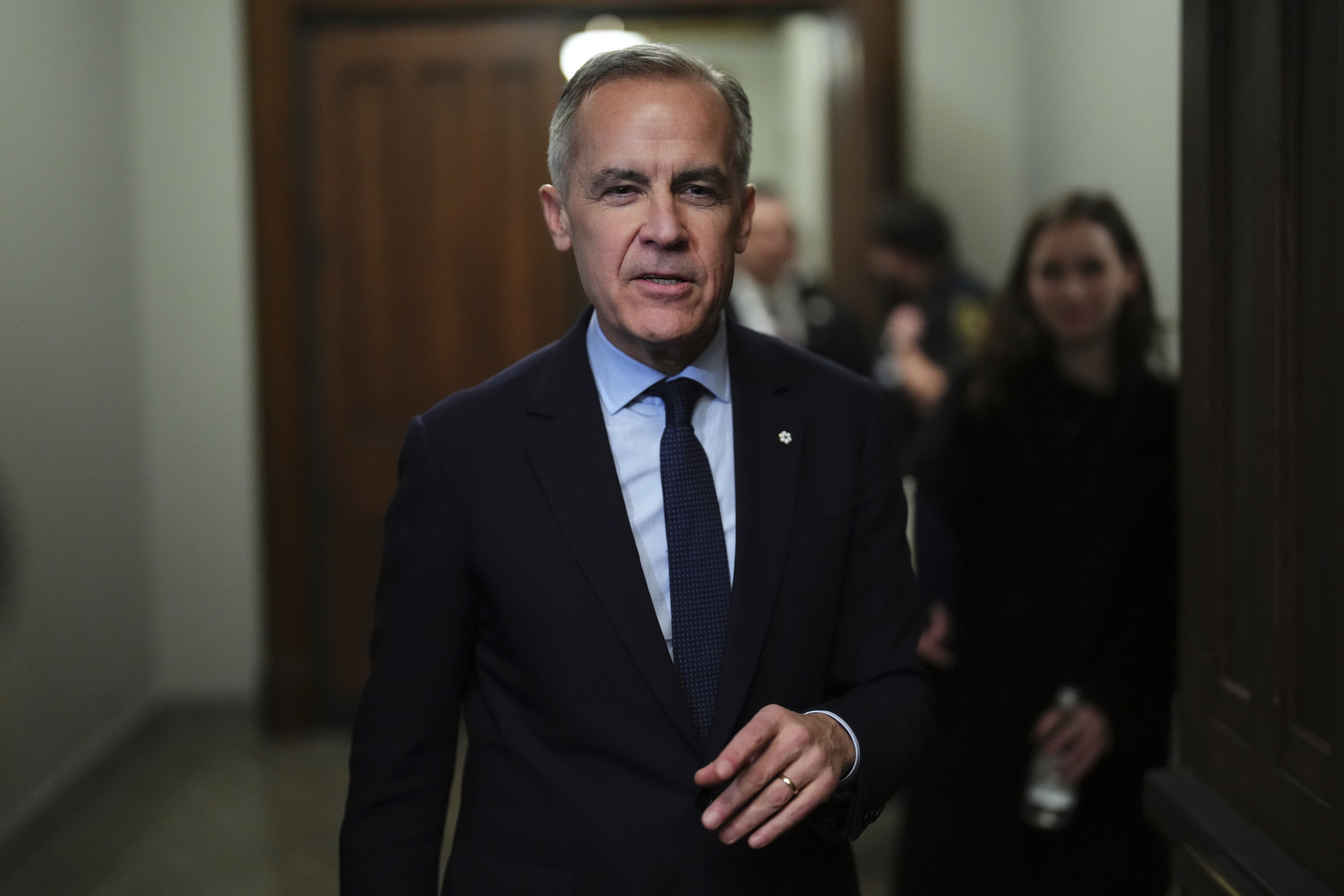There is nothing better to build a national sentiment than an unexpected and unjustified aggression from a powerful neighbor. Russia achieved this in the first invasion of Ukraine in 2014. American diplomats in Kiev recalled how after the war in Donbas and the annexation of Crimea, Ukrainians suddenly learned the lyrics of their national anthem. In 2022, Vladimir Putin managed to square the circle by turning a comedian turned politician named Volodymyr Zelensky into a symbol of freedom on par with Churchill.
In Canada, Donald Trump's 'tariff mania' is achieving something similar. If Canadians are famous for something in the US, it is for being polite to exhaustion. So, their anger towards their southern neighbor is truly historic. Moreover, Trump can make the symbol of that national pride someone whose resume highlights the most boring, technocratic, elitist — and, why not say it, unlikeable — public position in the world: president of a central bank.
Mark Carney is that man. The former president of the Bank of Canada during the 2008 global financial crisis, and of the Bank of England during the 'Brexit', where he opposed it with economic arguments that time has proven to be correct, is set to be appointed leader of the Canadian Liberal Party, replacing Justin Trudeau. Now, Carney must shed his technocratic shell and face the quintessential populist: Donald Trump.
This is a task for which this Oxford and Harvard economist, born in the remote territories of Northwest Canada, who turns 59 on Sunday and whom the President of Banco Santander, Ana Botín, told Reuters on Sunday that "he has the rare ability to have the firm pulse of a central banker with the reformist vision of a politician," is willing to take on.
Over the weekend, when he was appointed party leader, Carney launched a harsh attack against Trump, who has been saying since he arrived at the White House in January that he will wage an economic war on Canada until the country agrees to be annexed to the United States.
Canada "will never, never be part of the United States", said Carney, who pledged to respond to the trade war "until Trump shows respect." These are common words for a politician but not for a former central banker. Even less so for someone who, when asked a dozen years ago why he didn't enter politics, replied: "And why don't I become a circus clown?"
That statement is typical of a central banker. Carney, despite entering politics, remains a technocrat. Among his virtues are not closeness or affability. However, he does have an extensive network of political connections worldwide, including, obviously, the United States. Not only has he been a central banker of his country and of Great Britain — in the latter case, the only foreigner to hold the position in the institution's 330-year history — but he has also led various international financial system coordination groups. In all of them, Carney stood out for his diplomatic skills and also for his ability to take risks. Not surprisingly, like Mario Draghi or Olivier Blanchard, he is also a man who, in the private sector, worked at Goldman Sachs.
